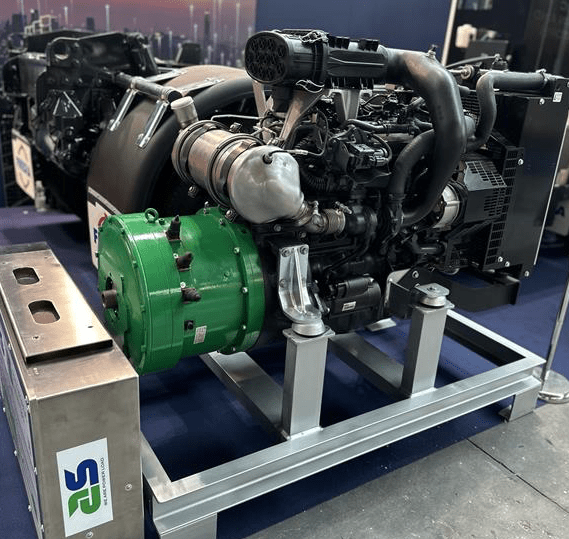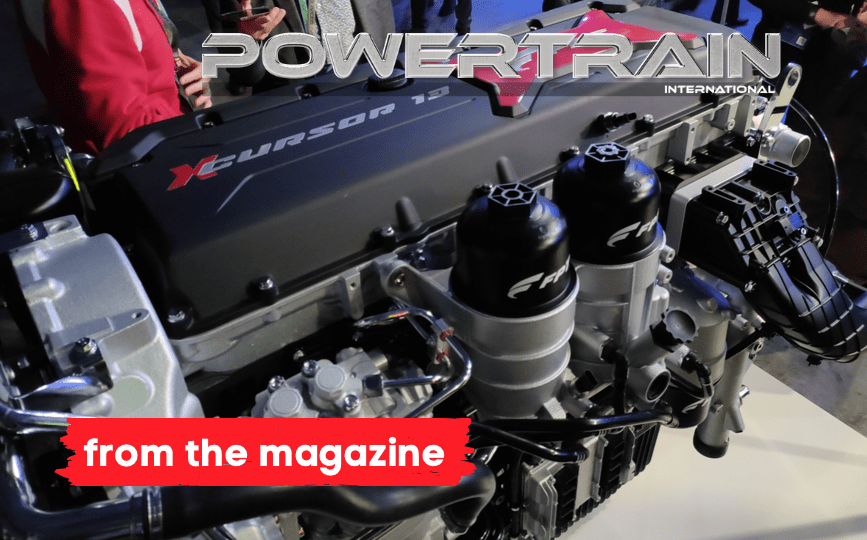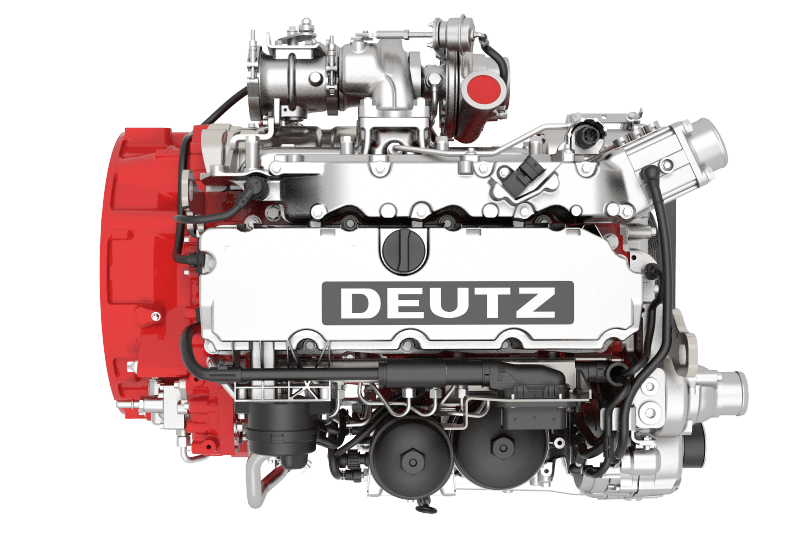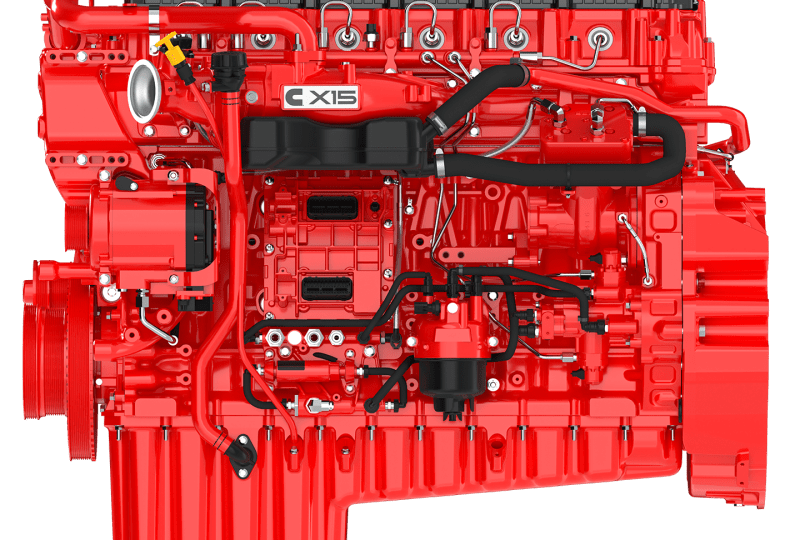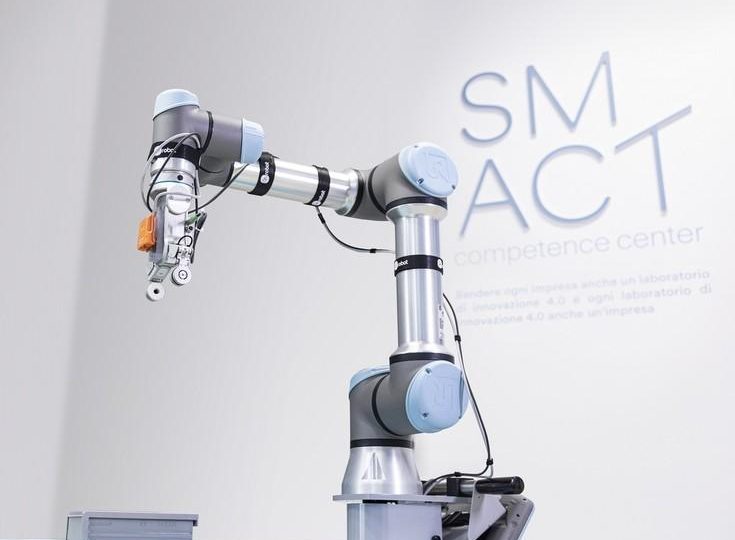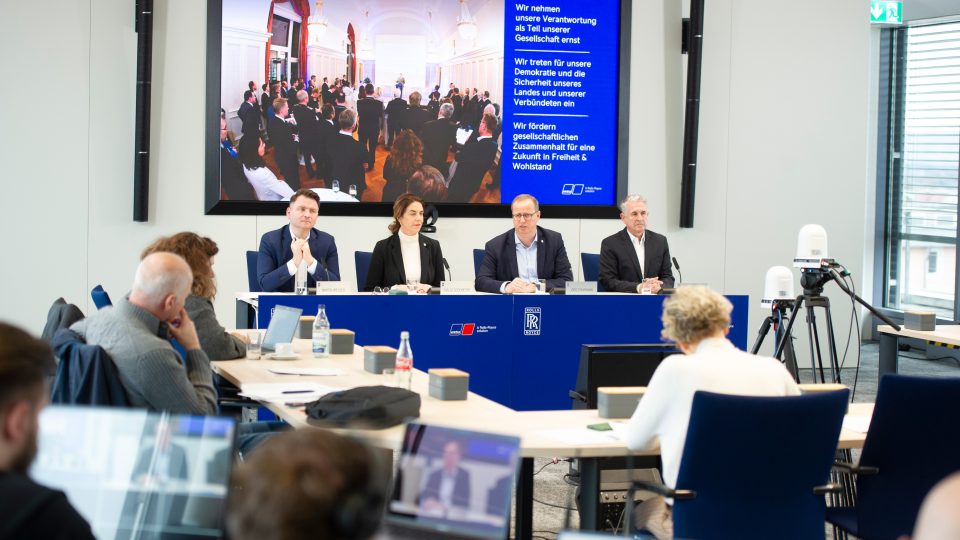Welcome, POWERTRAIN INTERNATIONAL!
POWERTRAIN (formerly DIESEL INTERNATIONAL) changes its name: from January it will be called POWERTRAIN INTERNATIONAL, following the change of name of our Italian magazine DIESEL, which will become POWERTRAIN. This does not mean deleting the word diesel from our agenda and from our priorities, but it reflects the desire of our magazine (and our website) to accompany readers in the fascinating phase we are witnessing, that of the energy transition
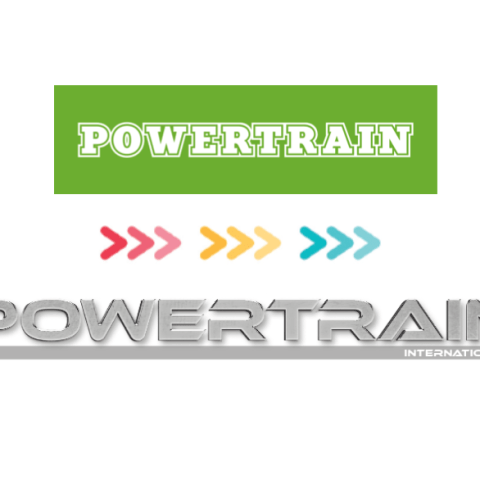
Revolutionary outbursts are a part of human society’s evolution. Two events heralded the dawn of modernity in the Western world and beyond. The agricultural revolution in the United Kingdom between the 18th and 19th centuries, as well as the Enlightenment-inspired revolution in France, which resulted in the storming of the Bastille on July 14, 1789. At the end of the 1800s, Nikolas Otto and Rudolf Diesel conceived the mother of all revolutions, the ICE, which would have conditioned heavy industry, mobility, energy production, and AG and CE mechanization.
Another revolution is on the horizon; in reality, it is marked by the stages of the so-called energy transition, which surround the evolution of the industrial scenario on a daily basis. This is the first instance of the genesis of the POWERTRAIN INTERNATIONAL editorial platform (which includes the new website www.powertraininternationalweb.com, active from January). Our magazine in Italian, DIESEL, will be called POWERTRAIN from January, which is why POWERTRAIN (formerly Diesel International) will now be called POWERTRAIN INTERNATIONAL.
At this point, it’s important to clear up a misunderstanding: this renaming is not the result of a desire to exclude the diesel engine from our agenda and vocabulary. The ICE remains the leading powertrain player and boasts the features of sustainability, as we outlined it in the Sustainable Powertrain Tour.
Efficiency, cost-effectiveness, deployment, infrastructure, combustion optimization and emission reduction make the diesel engine the “best in class” for industrial applications, whether on-road, off-highway, stationary or marine. On the path to decarbonisation, the combustion chamber must be optimized, and renewable fuels such as biodiesel, synthetic fuels, and e-fuel must be improved and shared. There is a paradigm that needs to be debunked in light of real-world requirements, workloads and duty cycles, available infrastructure, incentives and public policies, as well as fuel supply and economics (aka TCO).
The feeling is that there isn’t any technology that can prevail. Several technological-distributive platforms will compete in this decade: fossil fuels, alternative fuels, gasification, hybridization, electrification, and hydrogen.
Each of these necessitates a deep component and storage infrastructure adaptation. It’s no longer just a matter of producing mechanical or electric kilowatts. To achieve efficiency and sustainability, the entire component universe must be optimized, from electronics to mechatronics, filtration, lubrication and so on.
POWERTRAIN INTERNATIONAL magazine will make a significant contribution in this case, based on the daily contact with our professional environment and also sourcing the synergies derived from the Sustainable Bus and Sustainable Truck & Van platforms. For any application (automotive, off-highway, PG and CHP, marine) and for any kind of technology (ICE, gasified, hybrid, electric and hydrogen).

